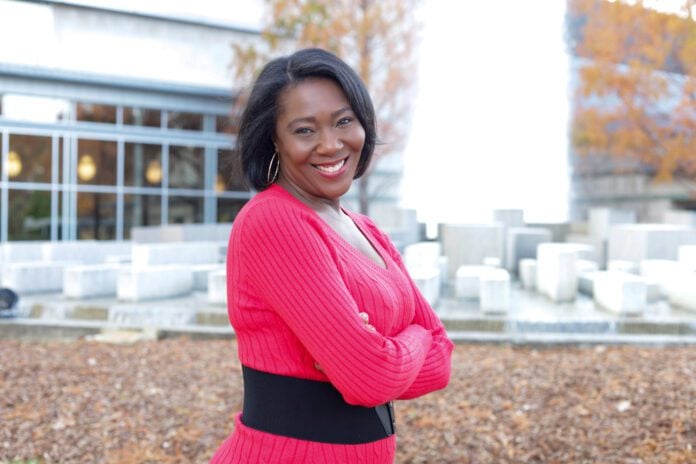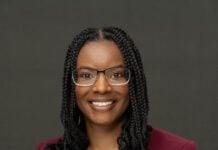Spirituality can be a vital aspect of one’s health and wellness. However, several Black Americans are no longer finding refuge within religion and turning away because of the long-term results that come from faith-based turmoil.
Different than church hurt, this series explores religious trauma which can be defined as the physical, emotional or psychological response to religious beliefs that overwhelm an individual’s ability to cope. Sufferers may contend with mental health issues such as post-traumatic stress disorder and suicidal ideation.
In part one of this series, Mira Cassidy talked to 30-year clergyman James Jackson, lead pastor at Fervent Prayer Church to address the roots of religious trauma and begin finding solutions.
This interview has been edited for length and clarity.
Cassidy: From your standpoint, why has this issue occurred within the Black faith communities?
Jackson: I think (religious trauma) scares a lot of people; a lot of people don’t know what it means, especially those of us who are clergymen and clergywomen. We may be offended because we are usually the tip of the spear when it comes to why people are traumatized and there are a multitude of reasons for that.
It used to be 30, 40, 50, 60, 100 years ago, you wouldn’t dare talk about it. You wouldn’t dare accuse a pastor of anything, particularly being responsible for anything traumatic that has happened to you in church.
I think that we are here because a lot of those social taboos, a lot of those, ‘thou shall not(s)’ have gone away, and people are now very public about what they have to say. They’re not afraid to say what they have to say. In our society people are not as hesitant to say what’s on their mind.
Cassidy: In your opinion, what is the solution to dealing with religious trauma?
Jackson: I think the way we deal is (through) trauma-awareness and to deal with it head-on.
The Bible says, “In thy getting, get understanding,” and there is another scripture that says, “Come let us reason together.” Reason in Hebrew means argue, but it’s not arguing with an intent to disagree. It’s a conversation. It (means) to talk it out, talk about why we feel what we feel, and that’s difficult.
Contact Mira Cassidy at mira@miracassidy.com or 317-620-1592 for coaching services or to be connected with a with a licensed clinical professional for continuing education or trauma-informed ministry training.




